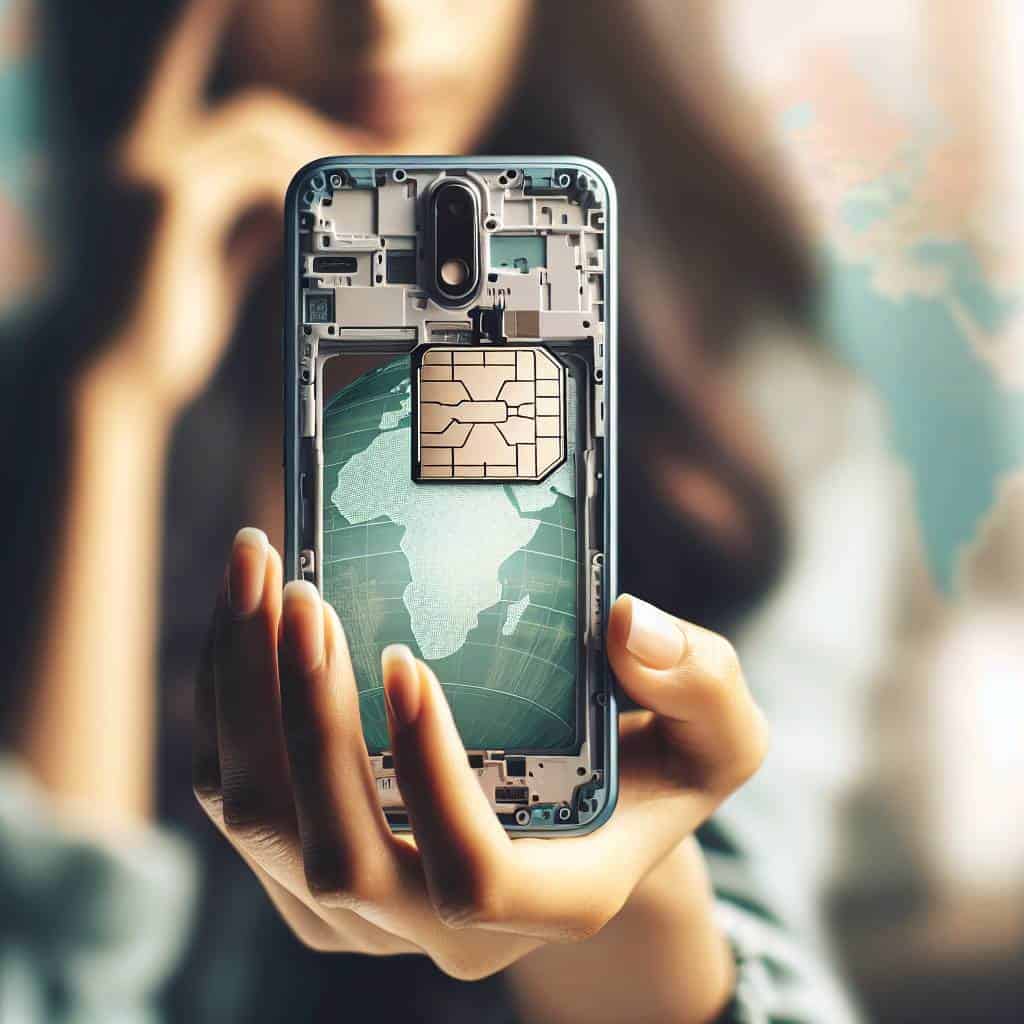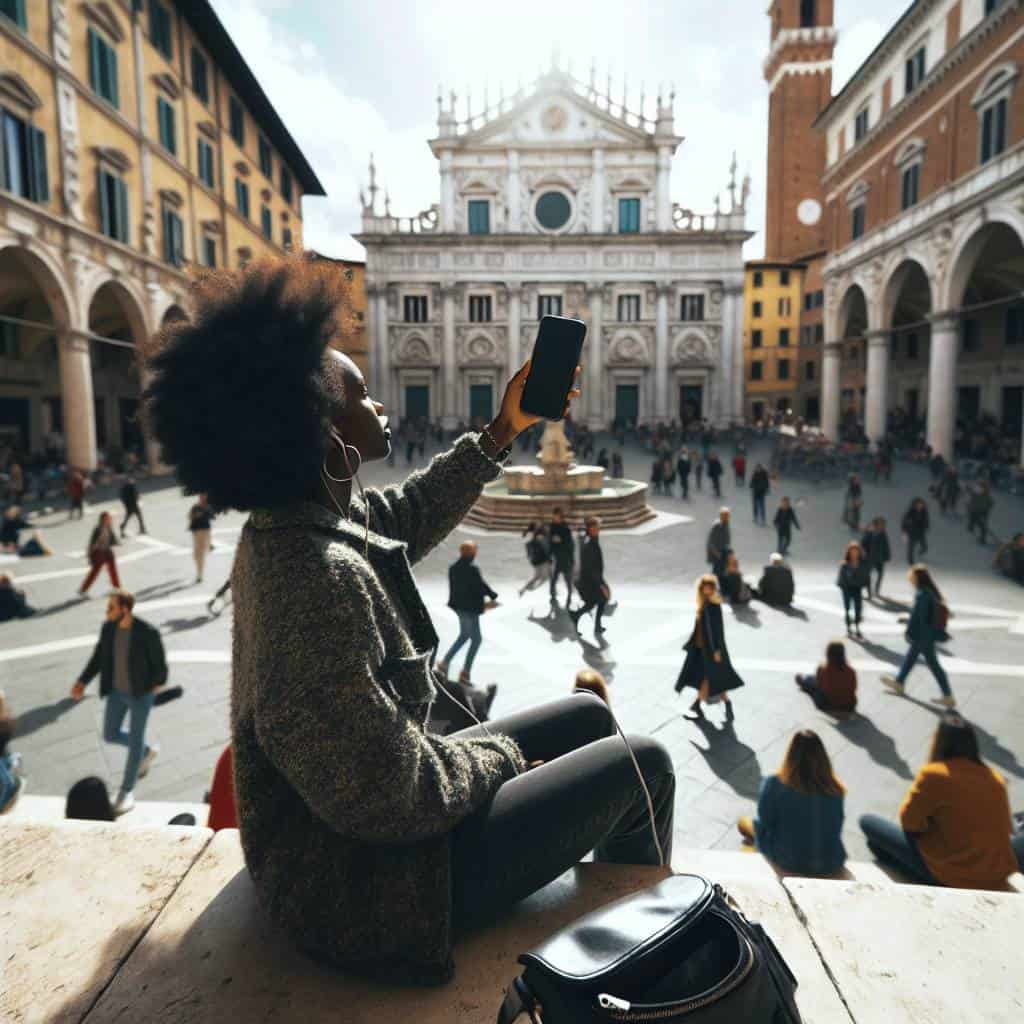Once upon a misguided trip to Paris, I found myself confidently asking a street vendor for directions to the Eiffel Tower. Somehow, my fractured French translated into a request for a “tower of cheeses,” and while the vendor’s laughter echoed through the cobblestone streets, I stood there red-faced, clutching a map and a newfound appreciation for language barriers. It was in that moment of linguistic humiliation that I realized my high school French hadn’t prepared me for real-world conversation. Enter language learning apps—the digital lifeboat I hoped would rescue me from drowning in a sea of miscommunication.

So, fellow traveler, if you’ve ever been in my shoes or fear you might be, you’re in the right place. I’ve waded through the app store swamp, navigating the likes of Duolingo, Babbel, and Memrise, to find out which digital guides can actually teach you to blend in with the locals or, at the very least, order a coffee without incident. This article won’t just list features; it will dissect how these apps can help you master basic phrases quickly, turning your next trip into less of a mime act and more of an authentic experience. Stick around, and let’s see if we can’t save each other from the embarrassment of accidental cheese orders.
Table of Contents
Duolingo Made Me Fluent in Saying ‘Where’s the Bathroom?’
There I was, standing in a bustling Madrid street, the vibrant chatter of locals swirling around me like the wind off the ocean back home. I’d spent weeks on Duolingo, dutifully tapping away at my phone, convinced I was ready to dive into this sea of Spanish. But reality hit like a rogue wave when I realized the only phrase I could confidently muster was “¿Dónde está el baño?” Sure, it’s a crucial question—particularly when you’re in desperate need—but it quickly became clear that my language arsenal was more of a water pistol than a harpoon.
Duolingo, with its gamified lessons and cheerful owl mascot, is the app that promises to make language learning fun. And it does, to an extent. It can teach you to ask where the bathroom is, or maybe even order a café con leche without butchering the accent. But when it comes to nuanced conversation, or even understanding the rapid-fire exchanges in a local tapas bar, you might find yourself treading water. The app, like others in its cohort—Babbel and Memrise, I’m looking at you—excels at drilling basic phrases into your brain. Quick, bite-sized lessons perfect for those five-minute gaps in your day. But there’s a fine line between being a tourist who can ask for directions and a traveler who can navigate the winding alleys of a foreign conversation.
Don’t get me wrong. These apps have their place in the language learning toolkit—an essential first step for any traveler. They’re like the floaties that keep you from sinking when you’re just starting out. But if you want to swim with the native speakers, you’ll need more than just Duolingo’s colorful badges. Consider them your linguistic appetizer before diving into the rich, complex main course of face-to-face practice and immersive experiences. After all, no app, no matter how cleverly designed, can replace the depth of human interaction. As I learned amidst the lively buzz of Madrid, sometimes you need to leap beyond the app to truly catch the conversational tide.
When Words Become Your Passport
Language learning apps like Duolingo or Babbel are the modern traveler’s toolkit, turning basic phrases into lifelines quicker than you can say ‘bonjour’ before a croissant.
The Real Language of Travel
In the end, these language learning apps aren’t just about mastering grammar or memorizing phrases like some robotic parrot. They’re about connecting. With people, with places, with the stories that make a city more than just a dot on a map. My journey through these digital classrooms has been less about fluency and more about finding my footing in a foreign land—stumbling through conversations, yes, but always moving forward. Because let’s face it, if you can laugh with a local about your horrendous pronunciation, you’ve already won half the battle.
So, here’s to the moments when ‘basic’ becomes extraordinary. When a simple ‘hello’ opens doors, and a ‘thank you’ seals the deal. Language apps like Duolingo, Babbel, and Memrise have equipped me with more than just words—they’ve given me the courage to engage and the humility to embrace mistakes. And as I navigate the winding streets of unfamiliar places, I realize I’m not just learning a language; I’m learning to truly listen, and maybe, just maybe, that’s the most fluent I’ll ever be.


